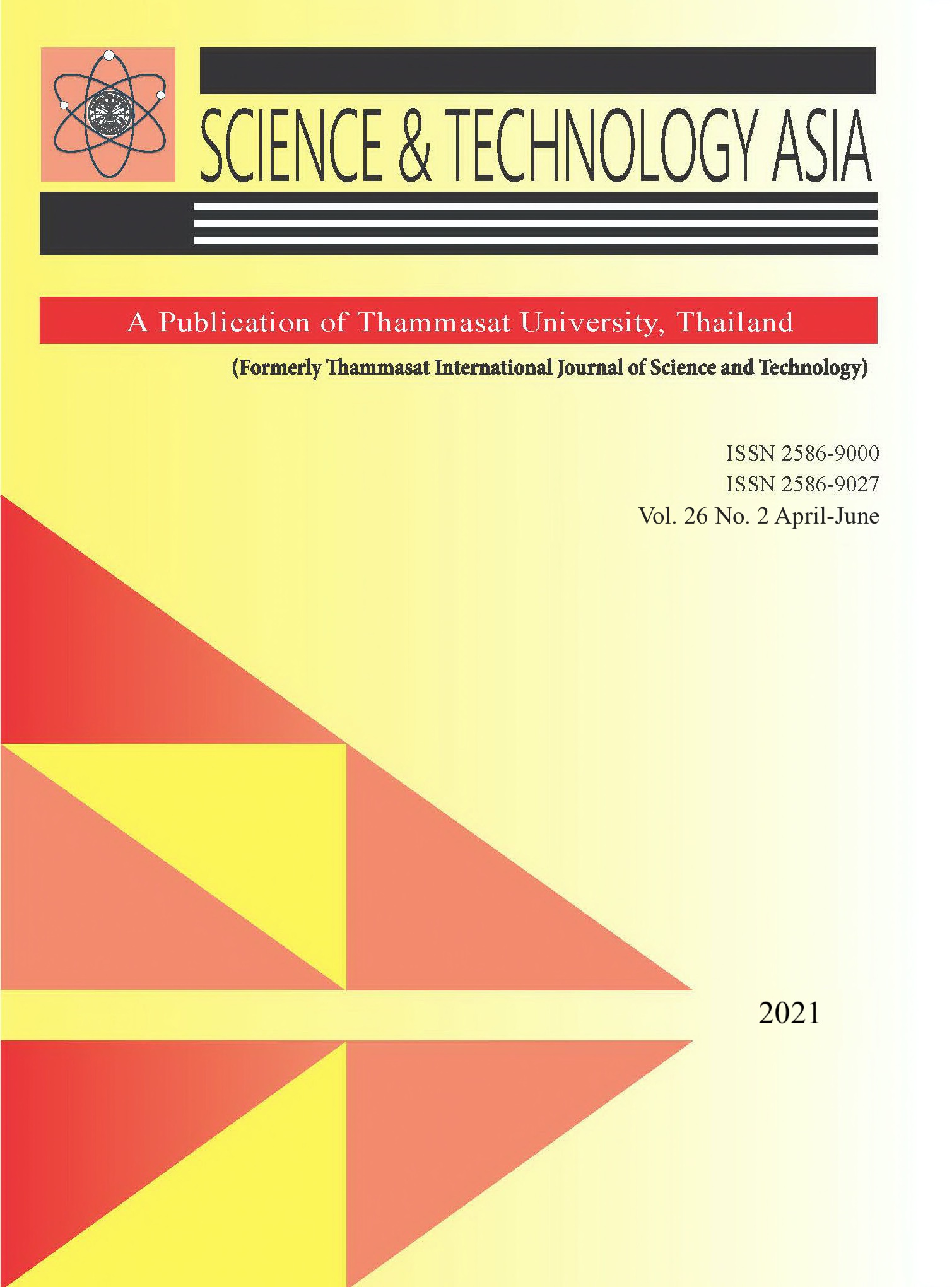Epixylic Algae in Periphyton Mats from Surfaces of Submerged Wood and Bamboo Poles of Fish Pens Found in Laguna de Bay (Philippines)
Main Article Content
Abstract
Epixylic algae play an important role in nutrient cycling, food web interactions, and primary productivity in aquatic ecosystems. However, limited studies are available on the diversity of epixylic algae in periphyton mats occurring on the surface of submerged wooden posts and bamboo poles of fish pens in temperate lakes. A preliminary survey on the species composition of epixylic algae occurring on submerged wooden posts and bamboo poles found in Laguna de Bay (Philippines) was performed. In total, 18 algal taxa were taxonomically described: 5 Bacillariophyceae, 4 Cyanophyceae, 4 Chlorophyceae, 2 Euglenophyceae, and one each of Mediophyceae, Zygnematophyceae, and Coscinodiscophyceae. Of these taxa, the occurrence of a rare desmid, Pleurotaenium trabecula Nägeli, is reported for the first time in the Philippines. The diversity of epixylic algae in periphyton mats is higher on submerged bamboo poles compared to wooden posts, with 4 species (Pleurotaenium trabecula, Trachelomonas armata, Cryptoglena skujae, and Westella botryoides) not observed in wooden post mats. Generally, conditions such as a nutrient-rich (high phosphate and nitrate concentration) environment, optimum temperature, and high light intensity were found to be favorable for the existence of algal periphyton in these substrata. This study provides a quick assessment and identifies some of the dominant epixylic algal taxa in periphyton mats and creates baseline information for further molecular taxonomic and ecological studies.


